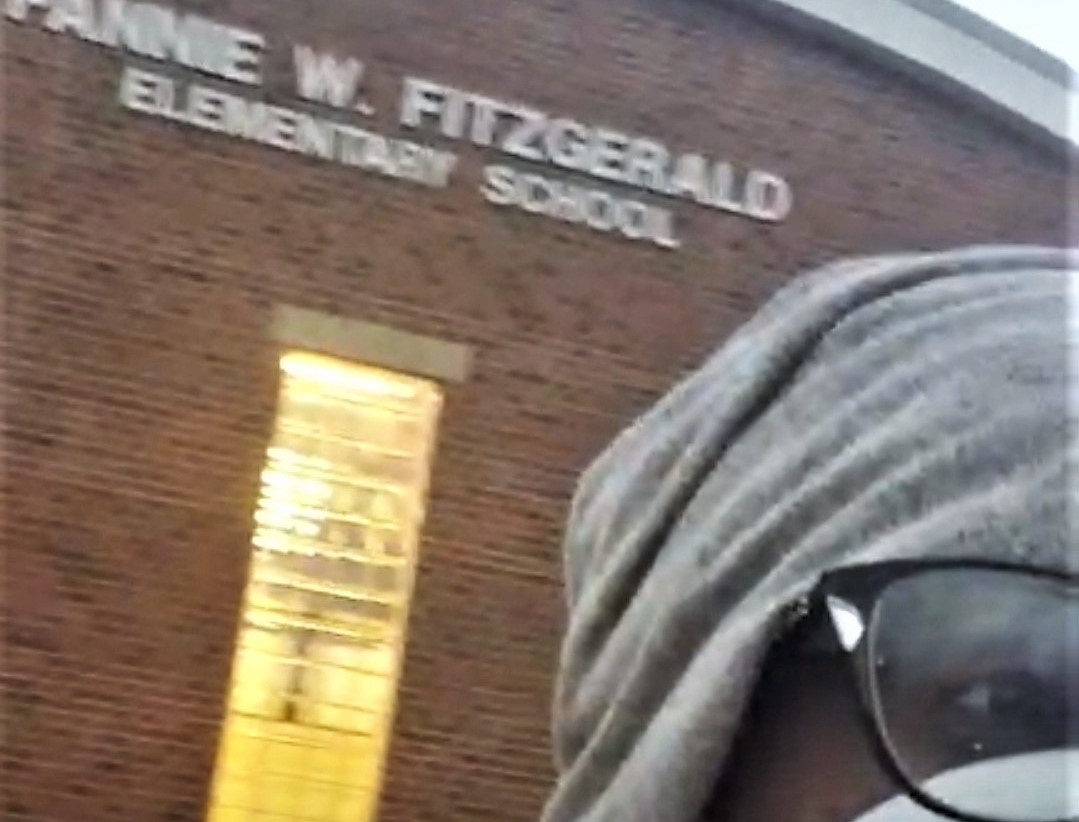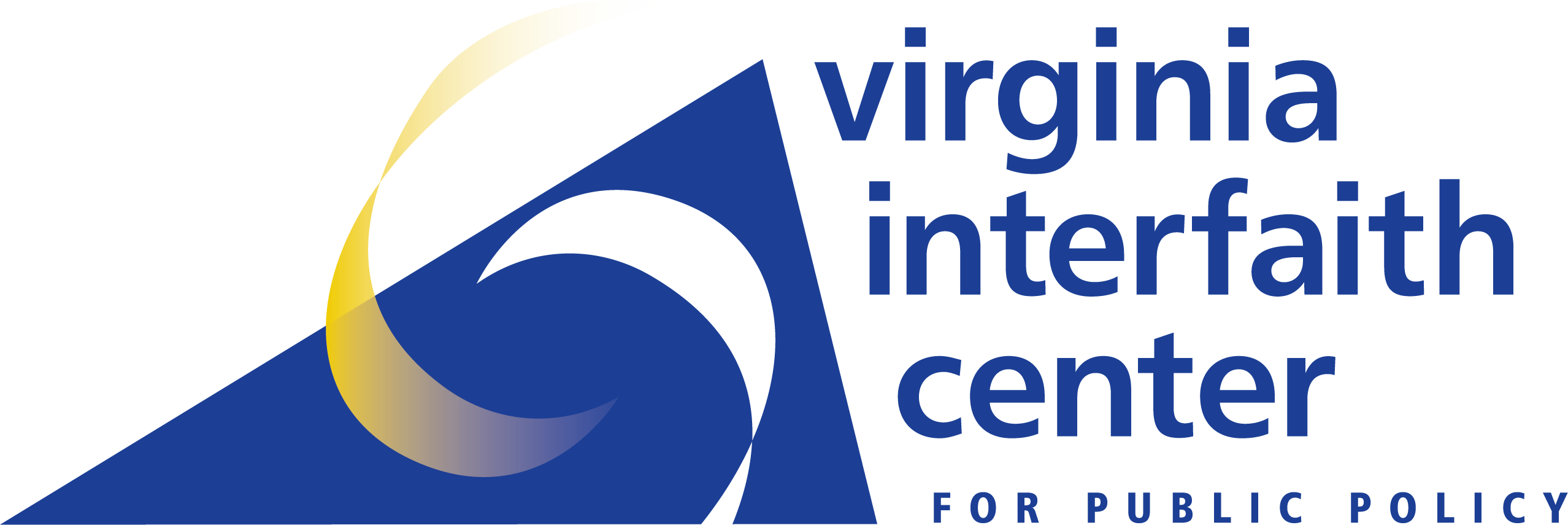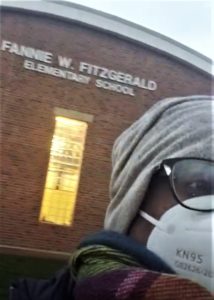
Faith in Democracy
by Dora Muhammad, VICPP Congregation Engagement Director, Health Equity Program Manager
As I worked the polls at Fannie Fitzgerald Elementary School in Prince William County on Election Day yesterday, I reflected on the legacy of the community icon lifted in the building’s name, the uncanny relevance of her work to the election and the future of Virginia. Mrs. Fitzgerald is cherished as one of the Courageous Four—Black teachers assigned to integrate the county’s public school system after the landmark 1954 Brown v Board of Education Supreme Court decision. The policy change fueled the Massive Resistance movement initiated by Virginia U.S. Senator Harry Byrd on the heels of the court ruling and endorsed by the Virginia General Assembly.
The movement led to the state cutting off funding to schools that sought to desegregate and instituting state tuition grants to the all-white private schools established in their place. Christian churches struggled to decide whether to host the all-white schools on their premises. Schools closed and entire school systems shut down for years in Virginia. Most of the community activities was coordinated by the Parent’s Committee for Emergency Schooling, which channeled the fear, frustration, and anger of parents into courses of action where they felt empowered and in control of the future of Virginia through their children’s education.
The public discourse then is unmistakably echoed in the public discourse occurring today. The political polarization and violence of the past is regrettably still par for civic engagement in Virginia. Both sides of the political spectrum charge the other with eroding their beloved democracy and freedom of choice. Last week, this topic emerged several times during a conference organized by PACE (Philanthropy for Active Civic Engagement). VICPP is an inaugural member of a national cohort for PACE’s Faith in/and Democracy project.
I presented on a panel and participated in the two-day laboratory held in Chicago and hosted by the Chicago Theological Seminary. Our gatherings centered on invigorating discussion on faith and democracy – the role and impact of faith communities in civic life. Toward the summit’s conclusion, I reflected on the role of faith in democracy as we explored potential projects that could offer solutions to cultivate a stronger democracy in our respective states and in the country.
The pendulum of the majority has swung again in the Virginia General Assembly and we all must commit to working to prevent polarization and toxic exchanges from increasing in our communities and creeping onto the General Assembly floor. Healthy democracies thrive on diversity of thought and die without it. We cannot be afraid of talking to one another. We cannot be afraid of listening to one another. But most of all, we cannot be afraid of the future that awaits us after we engage in authentic dialogue and listening with those who may be diametrically opposed to our values and beliefs.
We must develop our civic muscles to differ with dignity and respect for one another, and let that debate guide us to strengthen, not disintegrate, our democracy. Faith communities have immeasurable positioning to both root and elevate faith IN democracy. We have an invaluable voice in the public square to inspire courage required to build a better future for all Virginians—a courage like that of Mrs. Fannie Fitzgerald.

